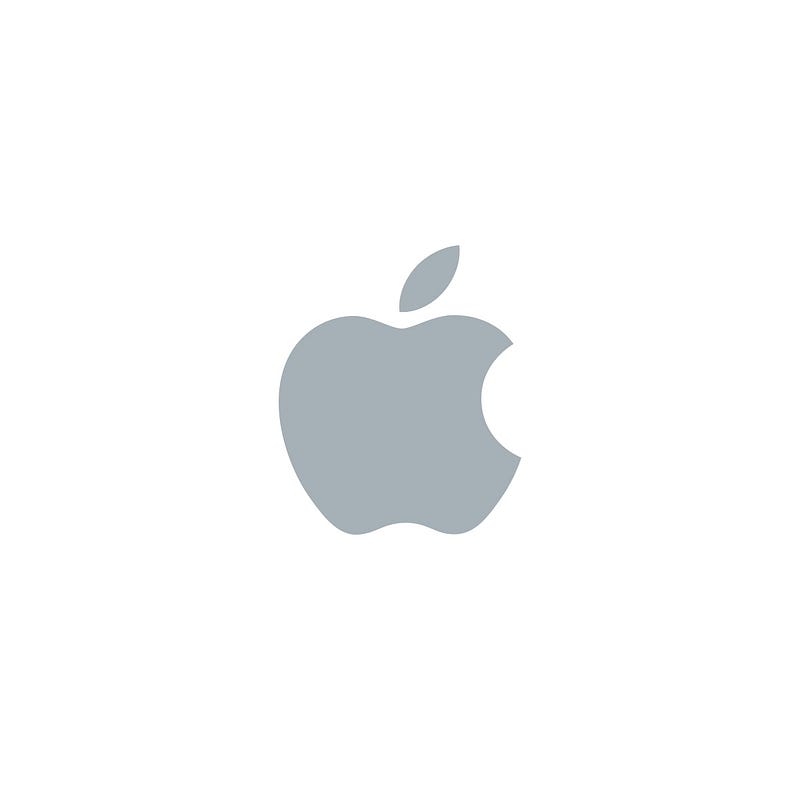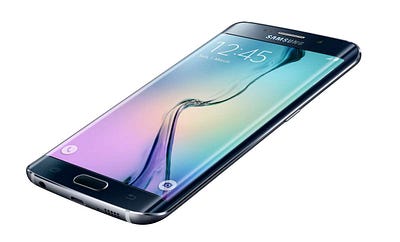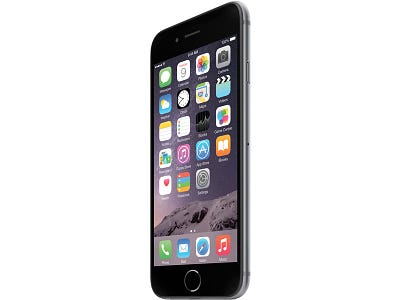
iOS, ran on Apple’s iPhone has always been a people’s favorite. With beautiful, seamless user design and experience, it truly engages the user from the lock screen to its many features. The simplicity iOS provides is unbeatable. Also, Apple’s quality app and prosperous music stores have always played a huge role in their success. Apple has always scanned and kept a close check on user made apps, ensuring continuous security for all of its app buyers. If at anytime a user has an issue with their iPhone, Apple is always willing at their store or one of their certified vendors. With consistent and frequent software updates, Apple always makes sure that their users update to quickly fix bugs and update/install new features. The seamless integration provided when connected with the user’s Mac PC/laptop is also a huge plus. iOS also features iMessage, and Facetime, exclusively available to iOS users, and extremely fast and simple.
Along with its marvelous pros, iOS comes with some cons as well. One of the most common complaint being the locked down, unchangeable interface. There are a severely limited amount of customizations available, none of them actually changing the interface. No third party apps are available, and users may only install apps from the Apple app store. Developers must pay a service fee every year, to access the iOS SDK, which is also only available on the Mac platform. iOS only runs Apple’s iPhones, which are somewhat expensive. Also, Apple Maps have always been a step behind Google’s, and most users prefer the latter.

Google’s Android has been widely used since its release in 2007. As of 2014, Android’s market share has been 81.5% of smartphones, globally. The operating system has been used on several devices, manufactured by companies including Samsung, HTC, LG, Motorola, Sony, and several others. With the wide variety of manufacturers and types of phones, the price is diversified, allowing customers to be able to choose their type. Unlike iOS, Android is extremely open ended, and all developers need to start making apps is the SDK, available free from their website. The customizability also allows users to choose what they want, increasing the user experience and satisfaction.
Similar to iOS, Android does have its disadvantages. The foremost being the severe lack in design compared to Apple’s. Additionally, being such an open ended operating system, users who are less familiar with the mobile scene may have some trouble navigating and accessing features that should otherwise be relevantly simple to get to. With no base messaging system such as iMessage, the normal text messaging may seem too “slow” and “out-of-date” for those who have used it. With several kinds of phones available, software updates purely depend on what carrier the user’s phone is from, and what kind of phone it is. There is also no automatic sync available with a user’s pc.


The cell phone market continues to grow at a rapid pace, with new competitors rising, bringing different kinds of phones to the market. As of now, Android and iOS stay the most used, and may continue to do so for a while. An imperative thing to keep in mind, is the demographics of where people live in relation to what operating system they use. Compared to the U.S, Apple is scarce compared to the market Android has brought worldwide. So what do you prefer, iOS, or Android?
No comments:
Post a Comment